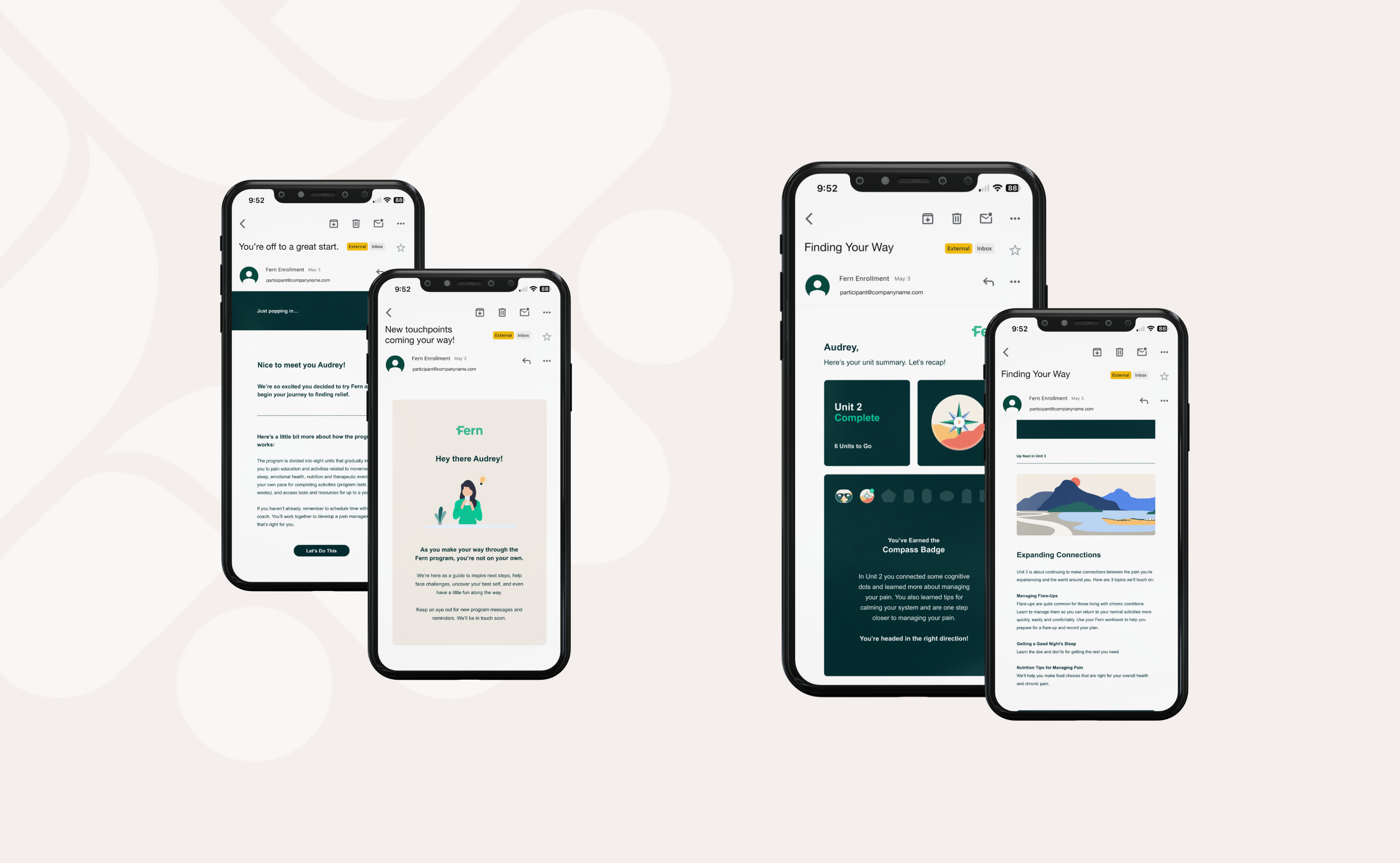In the world of digital health, clinical rigor is non-negotiable. Our products must be evidence-based, grounded in research, and designed to deliver real outcomes. But clinical success alone doesn't guarantee that people will actually use these tools, let alone stick with them long-term. The truth is, many digital health solutions hit an engagement wall—they start strong but lose steam as the novelty wears off. We've all seen it happen, and it’s a problem we need to solve.
The question isn’t just how we make effective products; it’s how we make them engaging enough to sustain people’s motivation, even when life gets in the way. Because let’s be real—motivation wanes, and when it does, what keeps someone coming back? The answer lies in a deeper, more meaningful form of personalization.
We've been talking about personalization in digital health for years, but too often, it’s been just that—talk. We’ve seen basic segmentation dressed up as personalization, where products offer surface-level customization based on demographics or previous behavior. But this isn’t true personalization. True personalization is about understanding the whole person—who they are, what they need, what motivates them, and how they experience the world.
This is where AI becomes a game changer. Not just in the flashy, “tech for tech’s sake” way, but in a way that truly meets users where they are. Imagine a digital health tool that learns and adapts to your emotional state, your motivations, your setbacks, and your successes.
“A tool that doesn’t just tell you what to do, but understands why you do—or don’t—do it.”
Beyond Generic
AI allows us to go beyond generic advice and create deeply personalized experiences that resonate with users on a personal level.
It’s about integrating techniques like motivational interviewing and CBT into the fabric of the digital experience, offering support that feels intuitive, empathetic, and completely tailored to the individual.
And it’s not just about physical symptoms. Whether someone is managing chronic pain, anxiety, or any other condition, there’s a psychological and emotional dimension to their experience. People are dealing with fear, frustration, and sometimes even shame. AI gives us the ability to recognize these patterns, to offer insights and support that are specific to the individual’s emotional journey—not just their medical condition.
AI that understands lived experience
One of the most critical elements here is creating a judgment-free space within the digital tool. People often disengage when they feel like they’ve failed—whether that’s missing a workout, eating something “off-plan,” or not logging in for a few days. But with the right AI, we can create an environment that’s forgiving and welcoming, encouraging users to return at any point without feeling judged or discouraged.
At the heart of this approach is the idea of integrating lived experiences into the AI itself. We’re not just feeding it data; we’re teaching it the stories, challenges, and victories of real people. AI that understands the emotional complexities of having chronic pain the sense of isolation in chronic illness, or the ongoing battle against mental health challenges is AI that can truly support and uplift its users
Fern is our attempt to create such a tool—a digital health experience that reduces the impact of pain on people’s lives by addressing both the physical and emotional dimensions of their journey. But this philosophy applies to any condition. It’s about creating products that help people manage whatever “X” is in their life to achieve a better “Y”—a life where they feel more in control, more supported, and more understood.
We’ve talked about personalization in digital health for so long, but now, with advances in AI, we have the opportunity to actually deliver on that promise. It’s time to move beyond the buzzwords and create solutions that truly understand and adapt to the people using them. By learning from their lived experiences and continuously evolving, we can offer products that do more than just meet clinical standards—they can transform lives in a way that’s deeply personal, human, and lasting.





